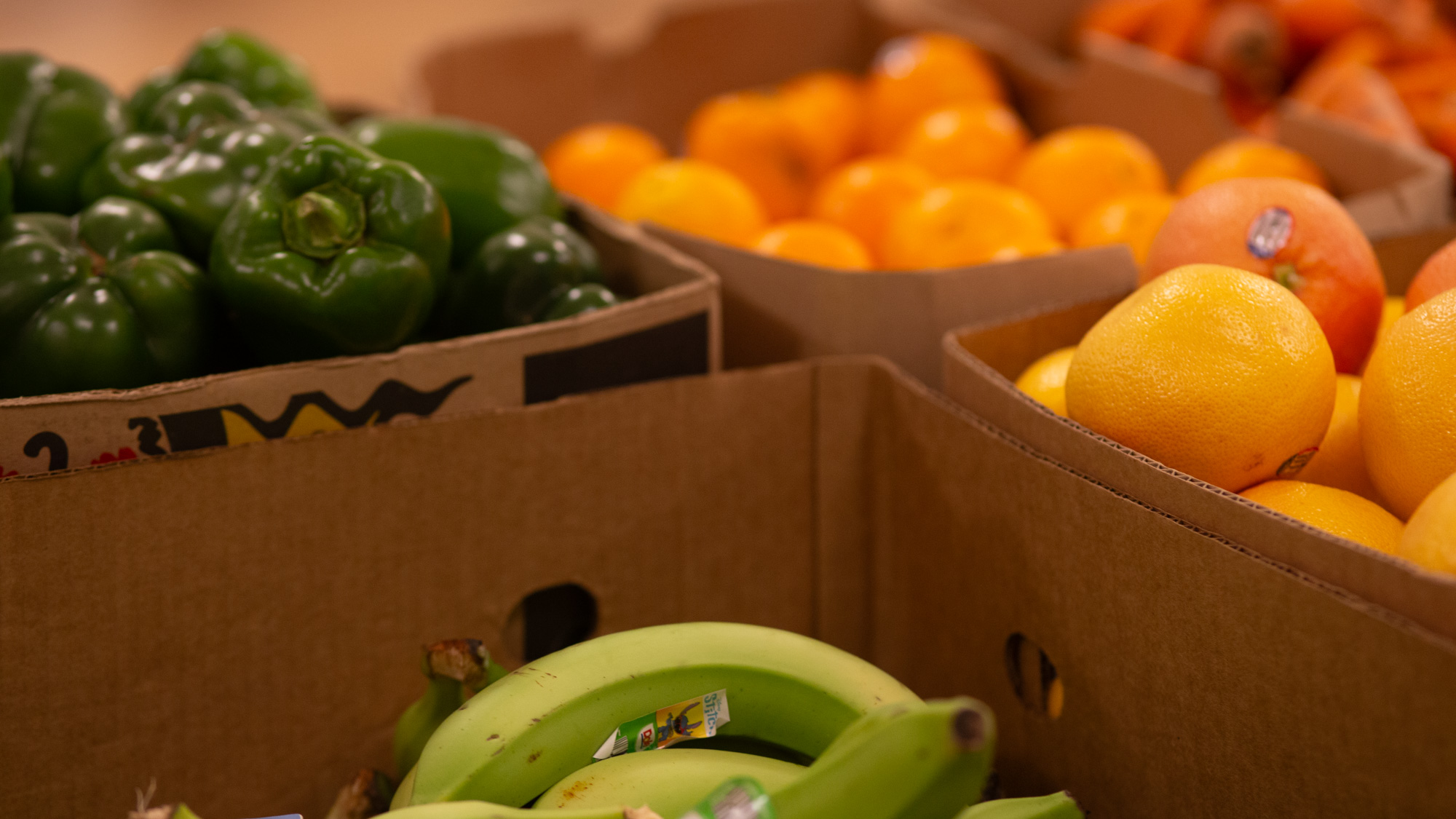About 40,000 Boston residents are at risk of losing some — and for some, all — of their Supplemental Nutrition Access Program benefits as a result of the Trump administration’s One Big Beautiful Bill.

The added provisions to SNAP include changes in federal funding and eligibility requirements. The bill halves the money the federal government gives to state governments starting in 2027.
Massachusetts must immediately provide an additional $53 million annually to continue administering SNAP, wrote City Councilor Sharon Durkan in a statement to The Daily Free Press. These cuts will impact funding for other statewide services as well, she wrote.
“These federal actions will not only impact thousands of Boston residents’ ability to access food and health care, but will also have broader consequences for Boston’s economy, health care professionals, institutions, and community organizations,” Durkan wrote.
Under SNAP’s “able-bodied without dependents” work rules, if a participant is not exempt and doesn’t meet these work rules “for any 3 months,” they will become ineligible for SNAP until Jan. 1, 2027, and their benefits will be revoked.
To retain benefits, recipients must either volunteer at a nonprofit or public organization or work at least 80 hours per month at an “approved Employment and Training activity.”
“Unemployment nationwide is at an all-time high,” said Jessi Rubin, food access manager at the Allston-Brighton Health Collaborative. “You’re less likely to find that job that you really need and you’re looking for within those three months.”
Work requirement exemptions for veterans, people without housing and those who have aged out of foster care have also been eliminated.
Boston City Councilor Ed Flynn, a veteran, said forcing these groups to meet difficult requirements is “unconscionable.”
“These cuts impact families, persons with disabilities and veterans,” Flynn said. “People that have served our country, willing to die for our country, for our freedom, and here we are as a federal government, cutting food access to veterans in need.”
Rubin said she has seen a recent decrease in customers at the ABHC’s farmers’ market, particularly those between the ages of 18 and 40, which she attributes to SNAP reductions.
The limitations to SNAP access have implications beyond just physical hunger, wrote Project Bread, a statewide food security organization, in a statement to The Daily Free Press.
“Parents may have to choose between paying for food or rent, or between buying groceries or filling prescriptions,” Project Bread wrote. “Children’s academic performance often suffers when they’re hungry, affecting their ability to concentrate in school and their long-term educational outcomes.”
Flynn said the city’s community partners, nonprofits and SNAP participants are all impacted by these provisions, and he encourages advocating for and supporting those affected.
“It’s about really working together to support families and residents in need in treating people with respect and dignity,” Flynn said.